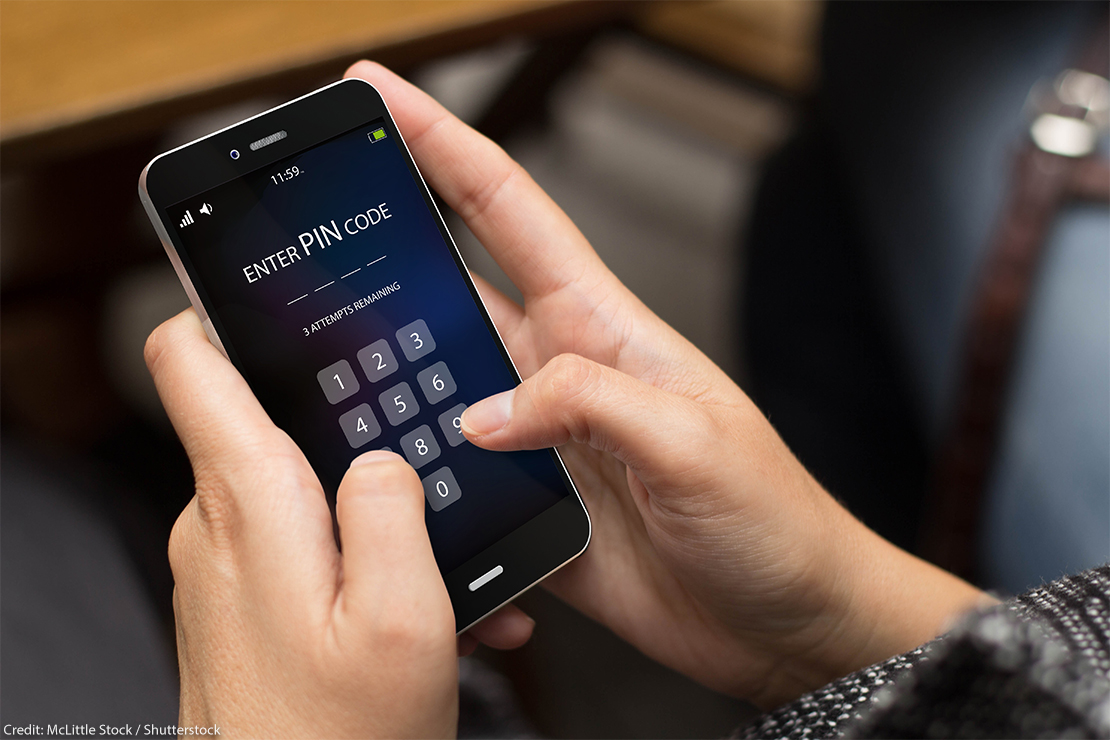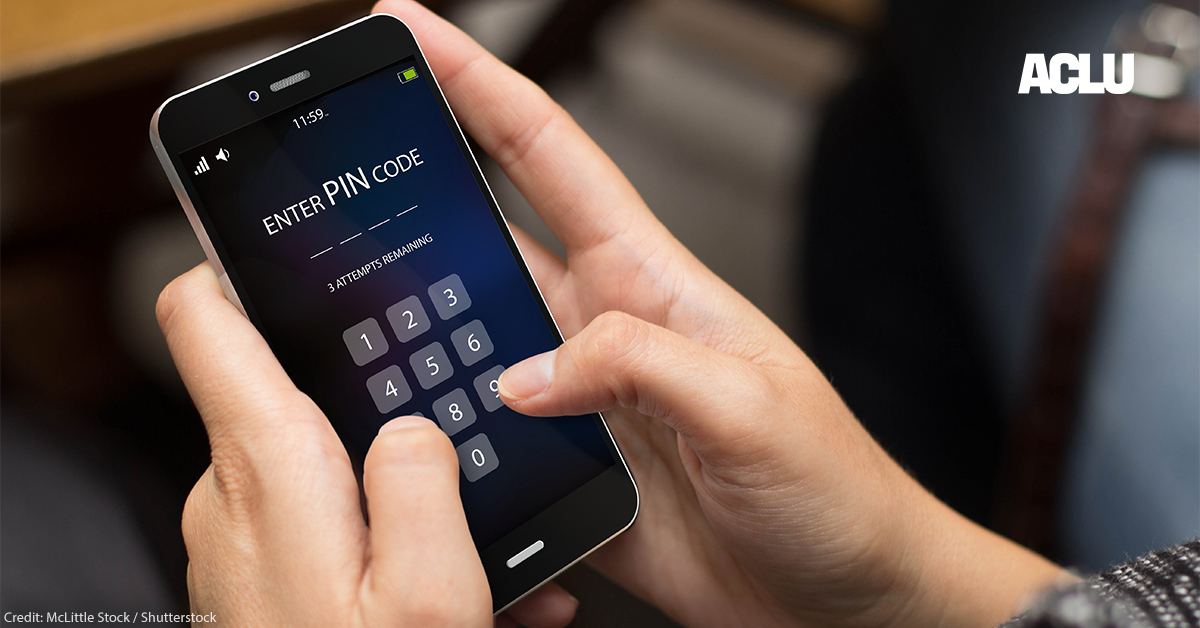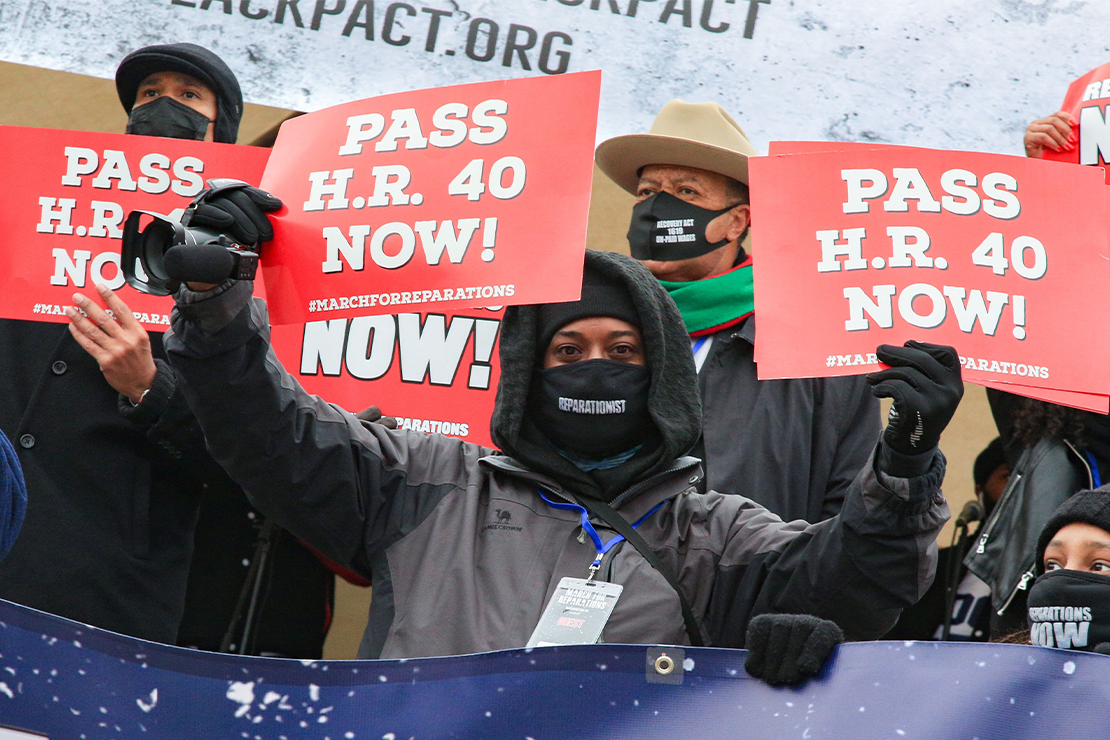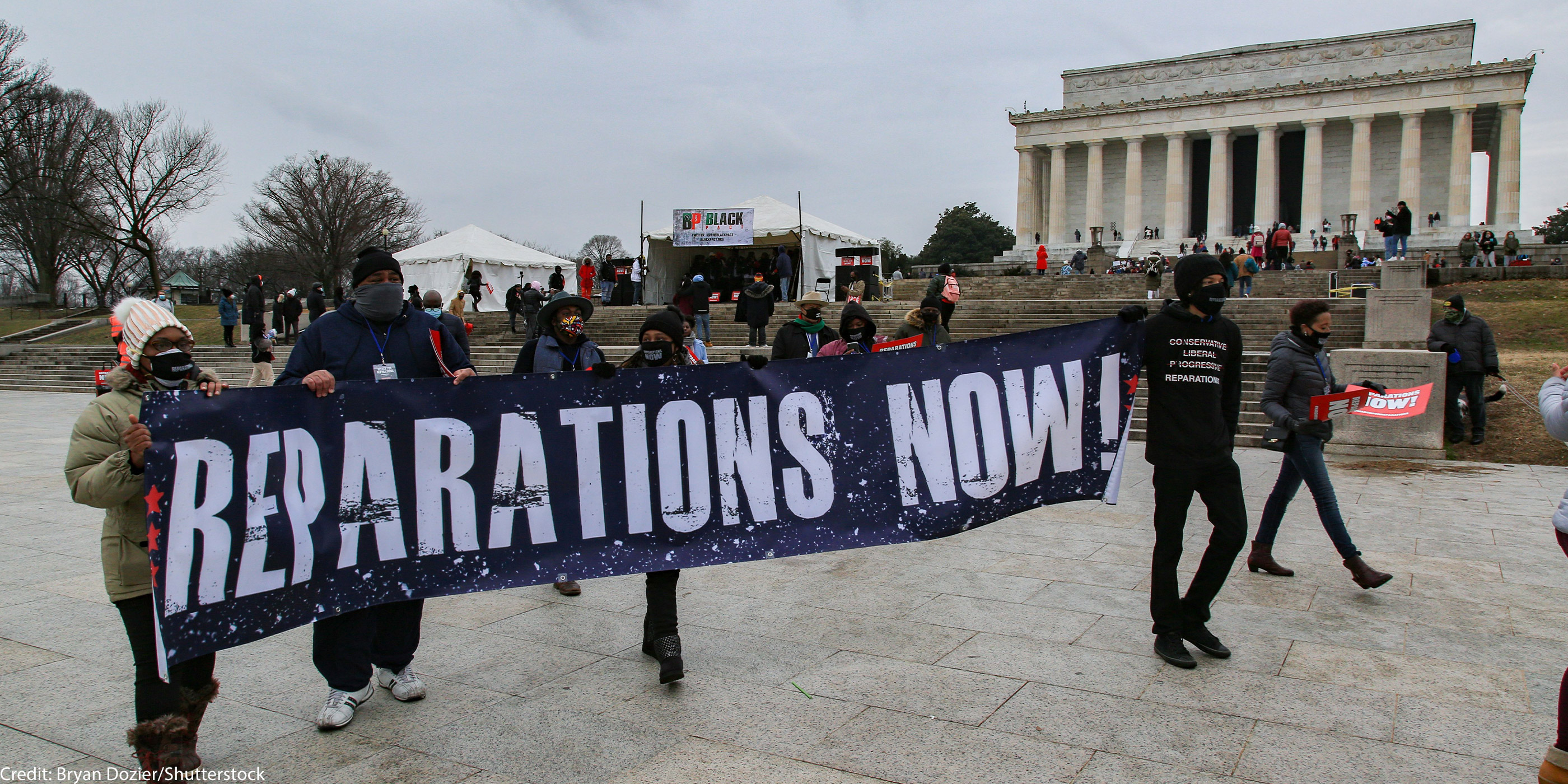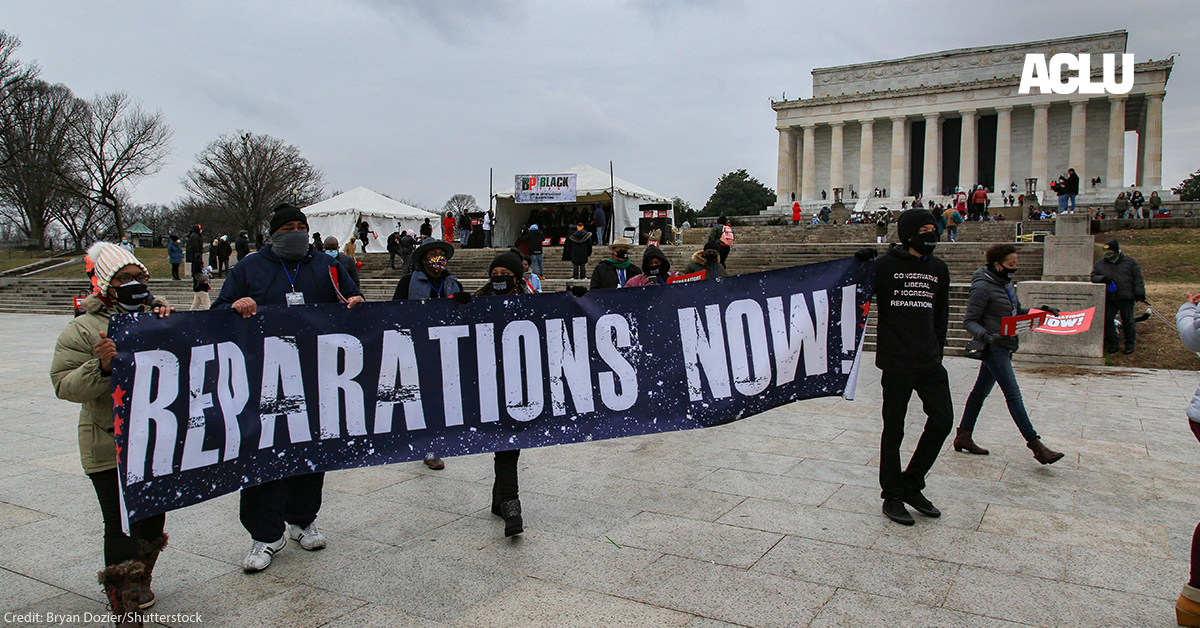Our cell phones and other digital devices play a central role in our private lives, storing an unprecedented amount of our most personal information. While Carpenter v. United States, which the ACLU argued before the Supreme Court, applied Fourth Amendment protections to our cell phone location data and declared that old-world legal rules don’t automatically apply in the digital age, the role of Fifth Amendment protections in the digital age has left lower courts divided.
Late last week, the Illinois Supreme Court ruled in People v. Sneed that the Fifth Amendment does not preclude the State from compelling a criminal defendant to recall and enter a passcode to their encrypted cell phone.
Compelled entry constitutes a modern form of compelled testimony, which is categorically prohibited by the Fifth Amendment.
This decision by the Illinois Supreme Court is the latest in a growing number of cases concerning Fifth Amendment protections in the digital age and our right not to self-incriminate by unlocking our cellphones. While the high courts in Indiana and Pennsylvania have ruled that forcing defendants to unlock their phone violates their Fifth Amendment right against self-incrimination, others, including New Jersey and Massachusetts, and now Illinois, have ruled the opposite way.
In the Illinois Supreme Court case, during a criminal investigation for forgery charges against Keiron K. Sneed, the State obtained a warrant to search Mr. Sneed’s and his wife’s phones. After the State determined that the phones were locked and password protected, it filed a motion to compel Mr. Sneed to either provide or enter the passcode into his phone. The trial court denied the motion, determining that the compelled entry of a password to unlock and decrypt a digital device was testimonial, and would violate the defendant’s Fifth Amendment privilege against self-incrimination.
In the Illinois Supreme Court, we filed a friend-of-the-court brief with the ACLU of Illinois and several concerned organizations supporting the trial court’s decision. The brief argued that the State’s demand that Mr. Sneed enter his passcode to open his device necessarily compels him to make use of the contents of his mind by truthfully recalling and entering a memorized passcode — and the compelled use of one’s mind to assist the government is at the core of what Fifth Amendment privilege is meant to protect against. Compelled entry constitutes a modern form of compelled testimony, which is categorically prohibited by the Fifth Amendment.
Unfortunately, the court disagreed, holding that entering a passcode is akin to turning over business documents, and would reveal nothing more to the state than what it already knew: that the defendant knew the passcode.
While historically Fifth Amendment questions may have concerned combinations to physical property like safes or lock boxes, in the digital age, passwords to our personal devices unlock a much broader range of information, with thousands of files and personal data ranging from intimate communications, photographs and videos, location, and health information. That digital reality dramatically raises the stakes of how this issue is ultimately interpreted by the courts.
With its recent order reversing the trial court’s decision, the Illinois Supreme Court will force Illinoisans to face an unacceptable choice: either truthfully recall and disclose or enter information that will be used to incriminate them, lie about their inability to do so, or be held in contempt for failure to cooperate. The Fifth Amendment is intended to prevent suspects from ever having to face this “cruel trilemma,” which to the drafters of the Constitution recalled the dreaded Star Chamber and other early forms of pre-due process “justice.”
For these reasons, the ACLU has worked to ensure that lower courts across the country protect our Fifth Amendment rights and align this constitutional protection with modern technology. We have filed several friend-of-the-court briefs in state court cases, including in State of Utah v. Valdez, Seo v. State of Indiana, Commonwealth of Massachusetts v. Gelfgatt, Commonwealth of Pennsylvania v. Davis, State of Oregon v. Pittman, and State of Florida v. Garcia. We also filed a petition for certiorari to the U.S. Supreme Court in Andrews v. State of New Jersey. And years ago, we filed a brief in support of Apple’s challenge to FBI efforts to compel the company to help break into an iPhone.
In all of these cases, we’ve argued that our Fifth Amendment protection against self-incrimination extends to the digital age and prohibits law enforcement from forcing individuals to disclose their cell phone and computer passcodes.
This recent ruling in Illinois once again highlights the need for the Supreme Court to settle this critical question.
Date
Thursday, June 22, 2023 - 3:30pmFeatured image
